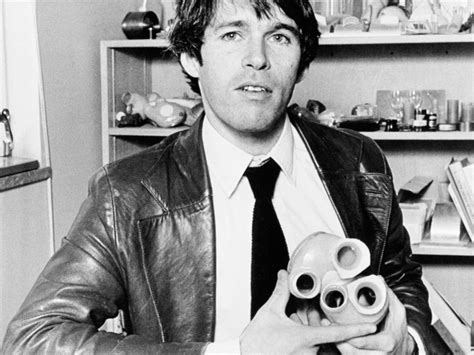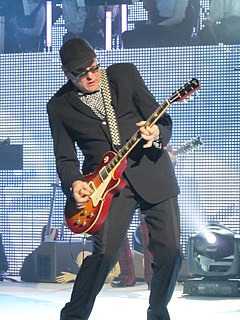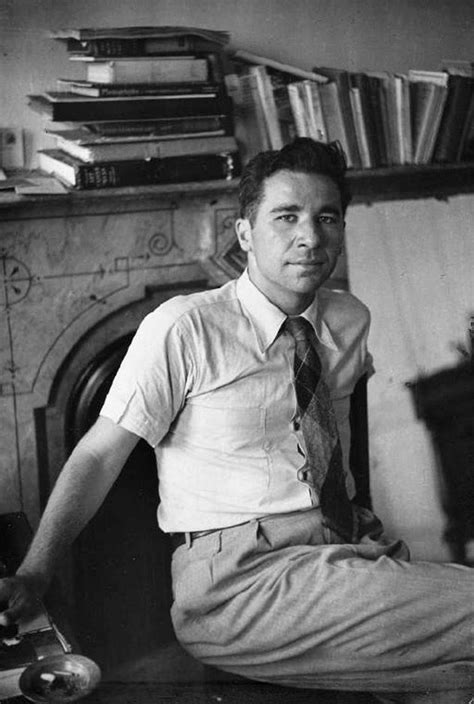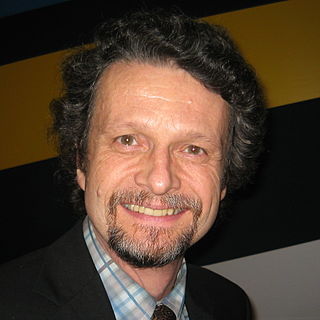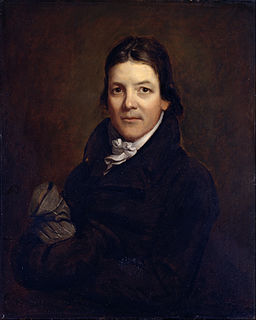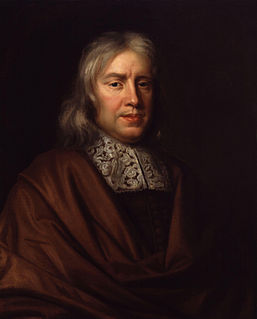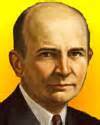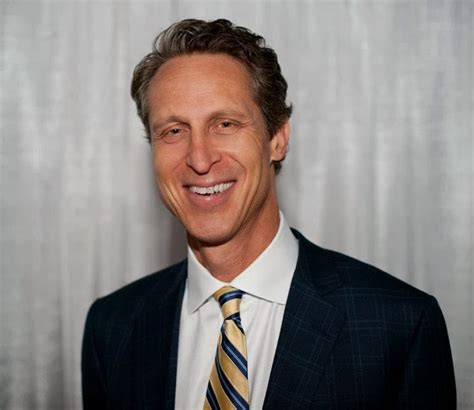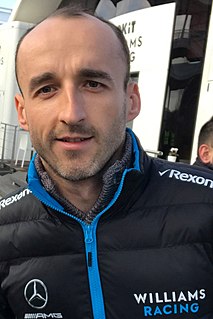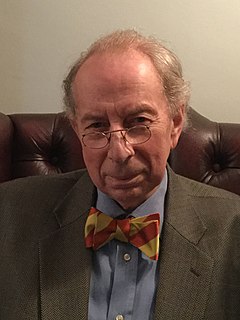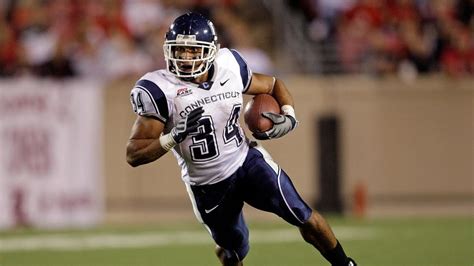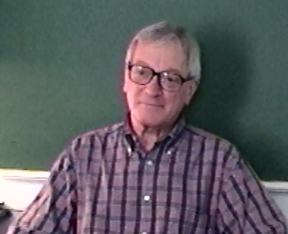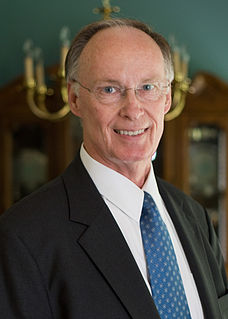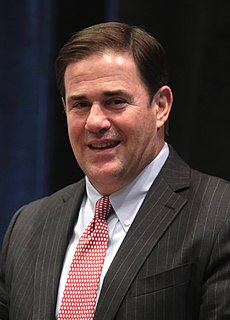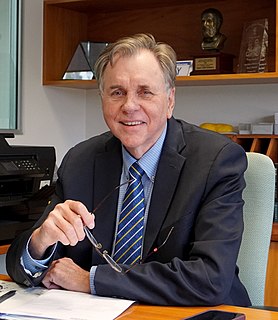Top 1200 Practice Of Medicine Quotes & Sayings
Explore popular Practice Of Medicine quotes.
Last updated on April 14, 2025.
When I am in Egypt, I am phoned because I am listed in the medical directory under "Mental Health and Psychiatry." And of course, I see very few people, because I give much more time to writing. So I cannot say that I really stopped medicine, but I practice medicine - or psychiatry - in a very different way. In an artistic way!
To think that practice and realization are not one is a heretical view. In the Buddha Dharma, practice and realization are identical. Because one's present practice is practice in realization, one's initial negotiating of the Way in itself is the whole of original realization. Thus, even while directed to practice, one is told not to anticipate a realization apart from practice, because practice points directly to original realization.
The theory of medicine, therefore, presents what is useful in thought, but does not indicate how it is to be applied in practice-the mode of operation of these principles. The theory, when mastered, gives us a certain kind of knowledge. Thus we say, for example, there are three forms of fevers and nine constitutions. The practice of medicine is not the work which the physician carries out, but is that branch of medical knowledge which, when acquired, enables one to form an opinion upon which to base the proper plan of treatment.
Nearly every business collects metrics on inventory, sales, and workplace process. Health care has been slow to measure these kinds of outcomes. Increasingly, general medicine, via either managed care or large practice settings, is improving by collecting data through electronic records and refining practice based on what works.
We profess to teach the principles and practice of medicine, or, in other words, the science and art of medicine. Science is knowledge reduced to principles; art is knowledge reduced to practice. The knowing and doing, however, are distinct. ... Your knowledge, therefore, is useless unless you cultivate the art of healing. Unfortunately, the scientific man very often has the least amount of art, and he is totally unsuccessful in practice; and, on the other hand, there may be much art based on an infinitesimal amount of knowledge, and yet it is sufficient to make its cultivator eminent.
In the last century the practice of medicine has become no more than an adjunct to the pharmaceutical industry and the other aspects of the huge, powerful and immensely profitable health care industry. Medicine is no longer an independent profession. Doctors have become nothing more than a link connecting the pharmaceutical industry to the consumer.
The scope of herbal medicine ranges from mild-acting plant medicines such as chamomile and peppermint, to very potent ones such as foxglove (from which the drug digitalis is derived). In between these two poles lies a wide spectrum of plant medicine with significant medical applications. One need only go to the United States Pharacopoeia to see the central role that plant medicine has played in American medicine.
If I can't practice, I can't practice. It is as simple as that. I ain't about that at all. It's easy to sum it up if you're just talking about practice. We're sitting here, and I'm supposed to be the franchise player, and we're talking about practice. I mean listen, we're sitting here talking about practice, not a game, not a game, not a game, but we're talking about practice. Not the game that I go out there and die for and play every game like it's my last, but we're talking about practice man. How silly is that?
I think energy medicine is a field that is probably for me the most authentic level of medicine that there is, because it takes into account what I would call 'square one of creation'. Which is where energy meets the process of incarnating. So I think it is very much going to become the dominant practice of medicine in this next millennium. We have no other place to go but there.
The Country Doctor Revisited is a fine achievement. Purporting to be an overview of the practice of medicine in rural areas, it is a splendid portrait of the practice of medicine everywhere. The special conditions that prevail in the countryside as opposed to the cities are examined, and each of these is illustrated by a case history that is as compelling as it is informative. It is presented in a highly readable form that would be accessible to the general public as well as to the deliverers of health care. I recommend it most highly.
A beautiful literary collection that tells of today's country doctor, somewhat removed from our romantic black-bag image of days gone by, but still fulfilling an essential need in caring for spread-out populations. At times, with today's advances in technology, medicine in rural America looks very like it does in America's cities, but the variety of practices is enormous. The Country Doctor Revisited captures the trials and tribulations of medicine, but also the satisfaction and the extraordinary rewards that come to those who embrace such a practice.
Until the 20th century, medicine was more like politics than physics. Its forecasts were often bogus and its record grim. In the 1920s, statisticians invaded medicine and devised randomised controlled trials. Doctors, hating the challenge to their prestige, resisted but lost. Evidence-based medicine became routine and saved millions of lives.
It is time for the scientific community to stop giving alternative medicine a free ride There cannot be two kinds of medicine — conventional and alternative. There is only medicine that has been adequately tested and medicine that has not, medicine that works and medicine that may or may not work. Once a treatment has been tested rigorously, it no longer matters whether it was considered alternative at the outset. If it is found to be reasonably safe and effective, it will be accepted.
It was hard to become an astronaut. Not anywhere near as much physical training as people imagine, but a lot of mental training, a lot of learning. You have to learn everything there is to know about the Space Shuttle and everything you are going to be doing, and everything you need to know if something goes wrong, and then once you have learned it all, you have to practice, practice, practice, practice, practice, practice, practice until everything is second nature, so it's a very, very difficult training, and it takes years.




